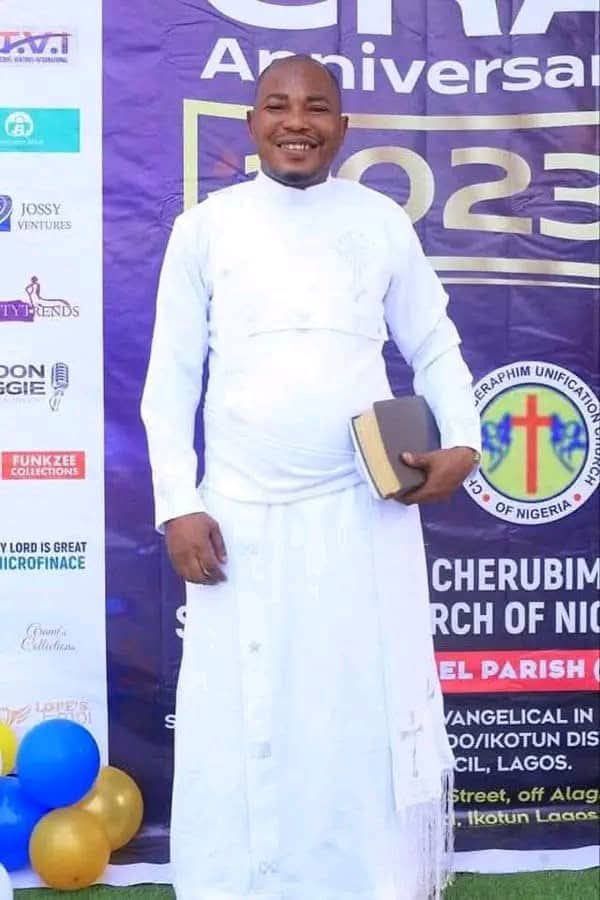In reading the Gospels, we can focus on Jesus’ poverty. There is a sense in which Christ’s incarnation itself was an impoverishing act.
In order to take on human flesh and dwell among sinful people and the filth of this world, Jesus had to set aside the wealth of heaven.
This was Paul’s teaching
"For you know the grace of our Lord Jesus Christ, that though he was rich, yet for your sake he became poor, so that you by his poverty might become rich.” (2 Corinthians 8:9)
We can also see the level of poverty that Jesus experienced by looking at the material state of his family. Most people are familiar with the details of Christ’s birth since they are recounted and celebrated every Christmas.
Jesus’ nativity story includes being born in a foreign city (presumably without family and friends), being placed in a manger (literally a feed trough) and being visited by shepherds— strangers who were considered by most people to be the outcasts of society (see Luke 2:7).
In describing Jesus’ circumcision, Luke reports that Mary and Joseph offered two pigeons as a temple sacrifice for Mary’s purification (see Luke 2:22–24).
Leviticus 12:7–8 explains that the usual sacrifice at the time of circumcision was to be a lamb, but if the birth mother could not “afford a lamb, then she shall take two turtledoves or two pigeons, one for a burnt offering and the other for a sin offering. And the priest shall make atonement for her, and she shall be clean” (Leviticus 12:8). Apparently, then, Jesus’ parents were too poor to offer the customary lamb.
Thus Jesus was born into a family that was part of the lower economic class. We see this material status has not changed 30 years later, during Jesus’ earthly ministry.
We should note, too, Jesus’ comments on his own economic status, such as when he said, “Foxes have holes, and birds of the air have nests, but the Son of Man has nowhere to lay his head” (Matthew 8:20). The Gospel narratives bear out this testimony.
It appears that Christ had very little by way of material possessions during his ministry. Consider the following:
Jesus…
preached from borrowed boats,
multiplied borrowed food,
rode on a borrowed colt,
and was buried in a borrowed tomb.
In fact, most of Jesus’ material needs, as well as those of his disciples, were apparently met by donations from a group of devoted women who accompanied him.
In his Gospel, Luke refers to “Mary, called Magdalene, from whom seven demons had gone out, and Joanna, the wife of Chuza, Herod’s household manager, and Susanna, and many others, who provided for [Jesus and his disciples] out of their means” (Luke 8:2–3; see also Mark 15:40–41).
Now this doesn't mean that being rich or wealthy is wrong or sinful , no! Capital No!
In the sermon , I said Jesus was poor on earth
People should stop the misconceptions that They "must be rich financially" because Jesus was "rich financially on earth" That's not true based on all we read in scripture.
I want you to note that Christ never condemned wealth or poverty itself; rather, he confronted sins that often led to wealth or poverty—sins including greed, pride, laziness, injustice and theft, among others. Moreover, Jesus was comfortable with and proficient at interacting with both rich and poor.
What does Jesus’ example mean for us? To be Christ-like, we need to learn to be content in our own material circumstances, whatever they may be (Philippians 4:11).
Seeking to change our financial status, whether from poverty to wealth or from wealth to poverty, seems permissible, as long as our motives are godly. Furthermore, it is Christ-like to confront sins that result in an unjust material state, whether it be poverty or wealth. Cultivating the ability to talk with the poor and the rich alike will be a helpful skill as we seek to reach the world with the gospel of Christ.
𝑩𝒆𝒍𝒐𝒘 𝒊𝒔 𝒂 𝒍𝒊𝒏𝒌 𝒕𝒐 𝒂𝒍𝒍 𝒐𝒖𝒓 𝑺𝒐𝒄𝒊𝒂𝒍 𝑴𝒆𝒅𝒊𝒂
https://churchonlinesocials.vercel.app/





